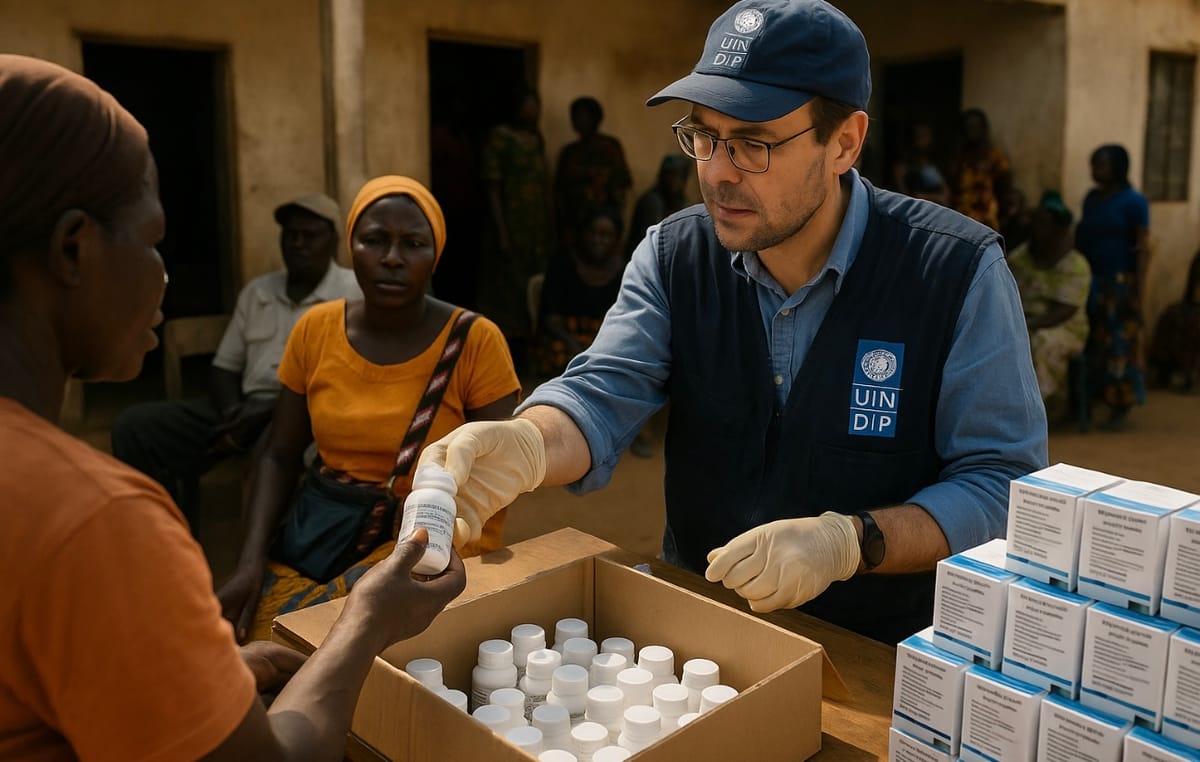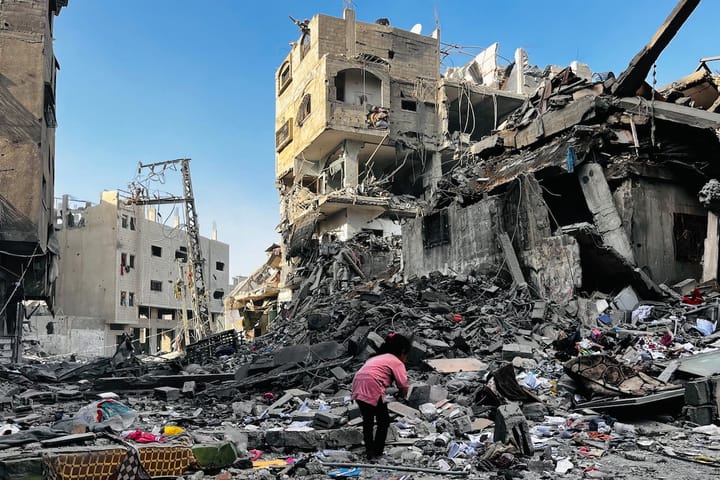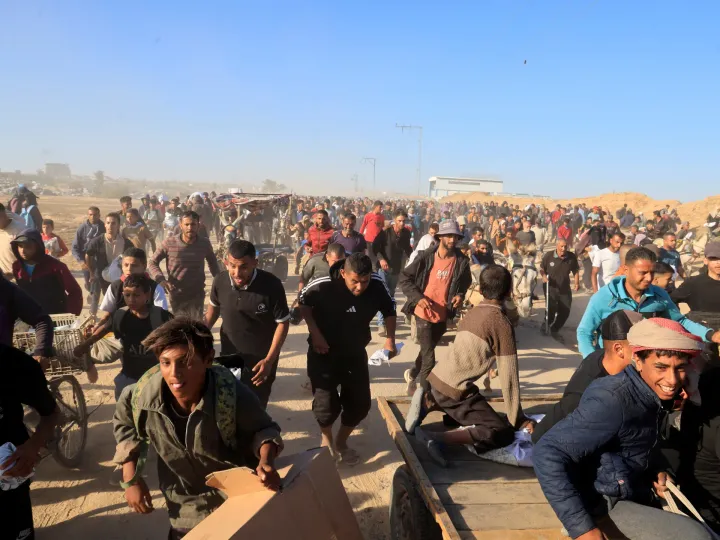UNDP Funding Cuts Threaten Global Humanitarian Programs
UNDP funding cuts by the US and UK threaten the continuity of HIV/AIDS, refugee, and governance programs in vulnerable countries.

The global humanitarian aid crisis is entering a new phase. Amidst hopes of achieving the Sustainable Development Goals (SDGs), the world now faces massive funding cuts to United Nations Development Programme (UNDP) projects. The United States and the United Kingdom, two of the largest donors, have taken drastic measures by significantly slashing their contributions. This situation raises serious concerns worldwide, given the massive impact these cuts will have on HIV/AIDS, refugee, and governance support programs in highly vulnerable countries.
Dark Clouds Over Humanitarian Funding
Achim Steiner, UNDP Chief, stressed that these cuts are not just about budget numbers. He described the move as a “retreat” or collective backstep in international cooperation. The US has cut up to 92% of its multiyear development aid contracts, while the UK has reduced its contribution from 0.7% to 0.3% of GDP. Other countries, including the Netherlands and Australia, have also made cuts. As a result, many vital programs are at risk of collapse.
Real Impacts on the Ground
One of the most affected sectors is HIV/AIDS programs, including PEPFAR. Funding cuts have led to a steep decline in clinics and HIV health services in developing countries. According to a study by The Lancet, HIV-related deaths could surge by as many as 2.9 million by 2030 if this trend continues. In addition, more than 9 million people in Afghanistan risk losing access to basic healthcare services.
Refugee aid programs have not escaped the impact. The World Food Programme (WFP) and UNHCR now struggle to provide food and basic services in refugee camps across Myanmar, Sudan, and Central Africa. Many women and children face the threat of hunger and a loss of medical protection.
Threats to Global Stability and Security
The impacts of these funding cuts go beyond health. Governance and public administration strengthening programs built over decades are now under threat. If institutions like UNDP, UNHCR, and WHO continue to weaken, rebuilding collapsed structures will be extremely difficult. This not only risks triggering further humanitarian crises, but also increases the potential for conflict and extremism in fragile regions.
Global Reactions and Warnings
Steiner and several international officials warn that funding cuts will cause “life-threatening consequences.” The UK’s Foreign Secretary even stated these measures could “break the backbone of the UN.” International negotiations and efforts are intensifying, with the UK calling for a global conference to discuss alternative funding solutions.
The Urgency of Collaboration and Innovation
To overcome this crisis, stakeholders are urged to re-evaluate donor policies and diversify sources of aid. Integrating programs into national systems and seeking funding from the private sector or philanthropy are now more relevant long-term solutions. This moment must be seized collectively to save millions of lives and maintain global stability.





Comments ()